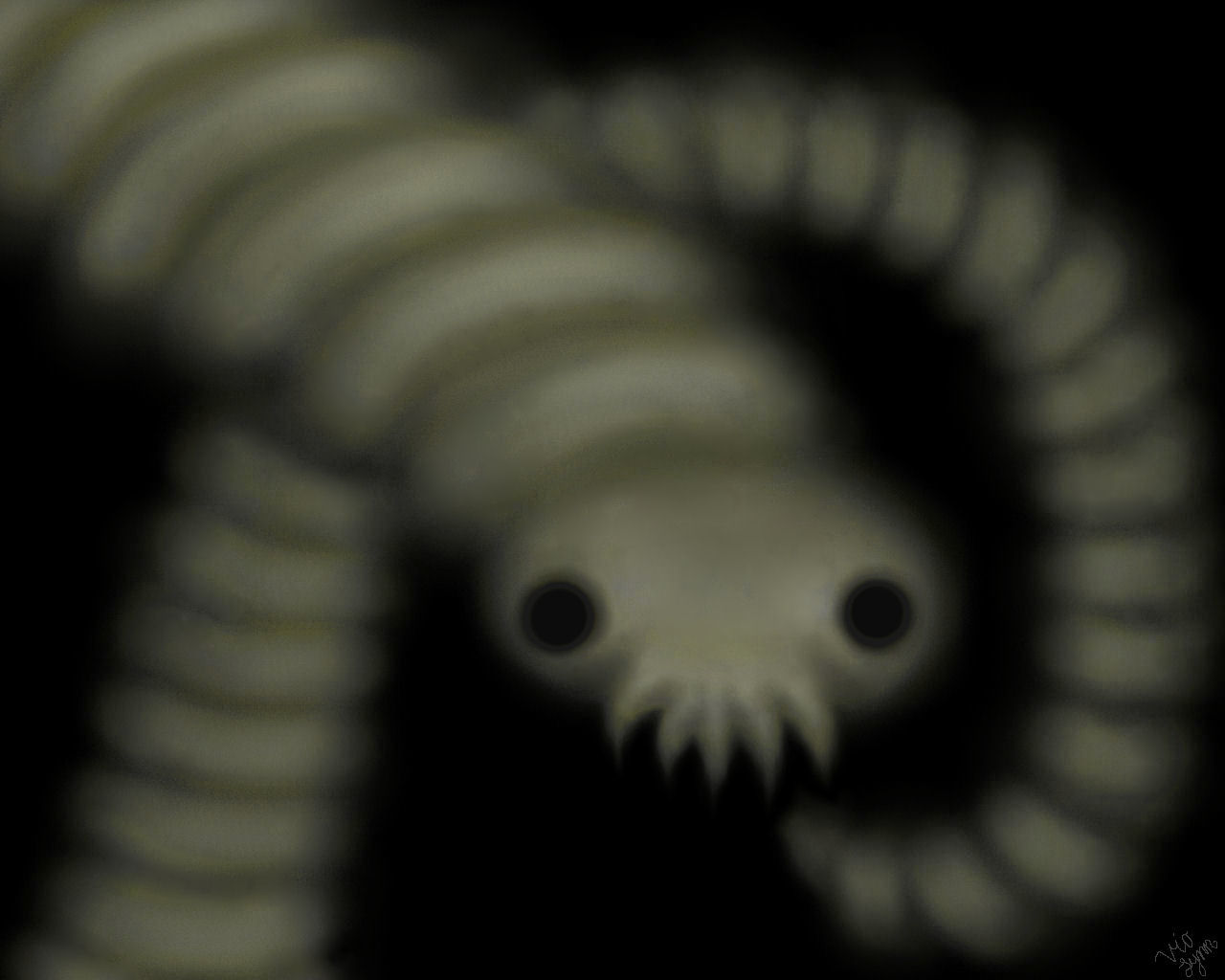The parasitic lifestyle
Interview with
They say there's no such thing as a free lunch, but parasites seem to get away w ith leeching off their hosts rent-free. Almost every organism on earth has it's own particular parasite, in fact, it's estimated that up to 50% of the earth's species are parasites. But are parasites getting the sweeter deal, or does this lifestyle come with it's own dangers and pitfalls? And how did parasitism first evolve? Mark Viney from the University of Bristol introduced Chris Smith to the "life parasitic"....
ith leeching off their hosts rent-free. Almost every organism on earth has it's own particular parasite, in fact, it's estimated that up to 50% of the earth's species are parasites. But are parasites getting the sweeter deal, or does this lifestyle come with it's own dangers and pitfalls? And how did parasitism first evolve? Mark Viney from the University of Bristol introduced Chris Smith to the "life parasitic"....
Mark - In a broader sense, a parasite is any organism that lives in or on another organism to make its living. So, this would include things like viruses and bacteria. But when we typically talk about parasites, what we really mean are animals that live in or on other organisms to make a living. And these are things like protozoa which are single-celled animals, an example of that is the malaria parasite. But then multicellular animals also live in and on other animals and plants and these are typically worms that for example very commonly live in the guts of other animals or in other locations in their body. Some of them live on the surface of fish for example and on the gills of fish. But the other sort of parasites as well are ectoparasites which are insects and other arthropods. Things like lice, fleas and ticks.
Chris - How long have these sorts of organisms been around in terms of the evolution of life on Earth?
Mark - I think parasites have been around as long as there's been something to parasitize. I think what we have to remember is that every organism is trying to make a living in quite a tough world. What a host or a potential host species is, is a nice patch of juicy resource waiting to be exploited. Of course, parasites have evolved to exploit those resources, those hosts every time they become present. I guess the proof of that is, any animal or plant that you could care to look at in your garden or that you might see on the television on a David Attenborough programme is actually teaming with parasites. Everyone of those animals will have worms in its guts and it'll have protozoa in its blood and will have ectoparasites on its skin, and that's the normal stage of most animals. That's because, that multitude of parasites, is because it's a very ancient history that has evolved to exploit this rare resource.
Chris - Quite a complicated life story too though, isn't it? so, how would something so complicated as the ability to penetrate another organism, stay there, outwit the immune system of that organism and feed off that organism, how would that evolve in the first place and get started?
Mark - That's a very good question and a tricky area I would say. What one imagines is that organisms destined to become endoparasites or parasites that are living inside organisms actually started off in their evolutionary history to becoming a parasite by living in ever closer association with another organism. So for example, if you go and cut up a snail from the garden, you'll very often find some worms living very closely and intimately on those snails, but they're probably not parasites. So, one imagines that these animals, these potential parasites became ever more intimately associated with parasites before then actually becoming dependent on those parasites. But you're absolutely right. parasites have had to evolve a whole range of adaptations to live inside hosts and to cope with all the challenges that brings which is feeding off the host, surviving the immune response that the host is directing towards those parasites. I think the other thing that is interesting to think about with parasites is, there's a patch of resource that parasites have evolved to exploit. But those patches of hosts are quite separated in the environment. So, there's always a distance between two potential host species for the two host individuals for example. The challenge of moving between hosts is something that parasites have to evolve quite a lot of adaptations to achieve and that's the process of infection in fact.
Chris - Is it fair to say then that if parasites have just evolved to exploit a resource, that parasites themselves can catch parasites? Are there parasites that prey on parasites? Do fleas have fleas?
Mark - Absolutely. Well, we can talk about some of the microparasites, things like viruses but any macroparasites such as worms or protozoa for that matter will also have viruses themselves. They're just another resource to be exploited.
Chris - So quite literally, it carries on ad infinitum, as the rhyme goes, doesn't it...?
Mark - Exactly!
- Previous Malarial mind-control
- Next How do you weigh a dinosaur?










Comments
Add a comment